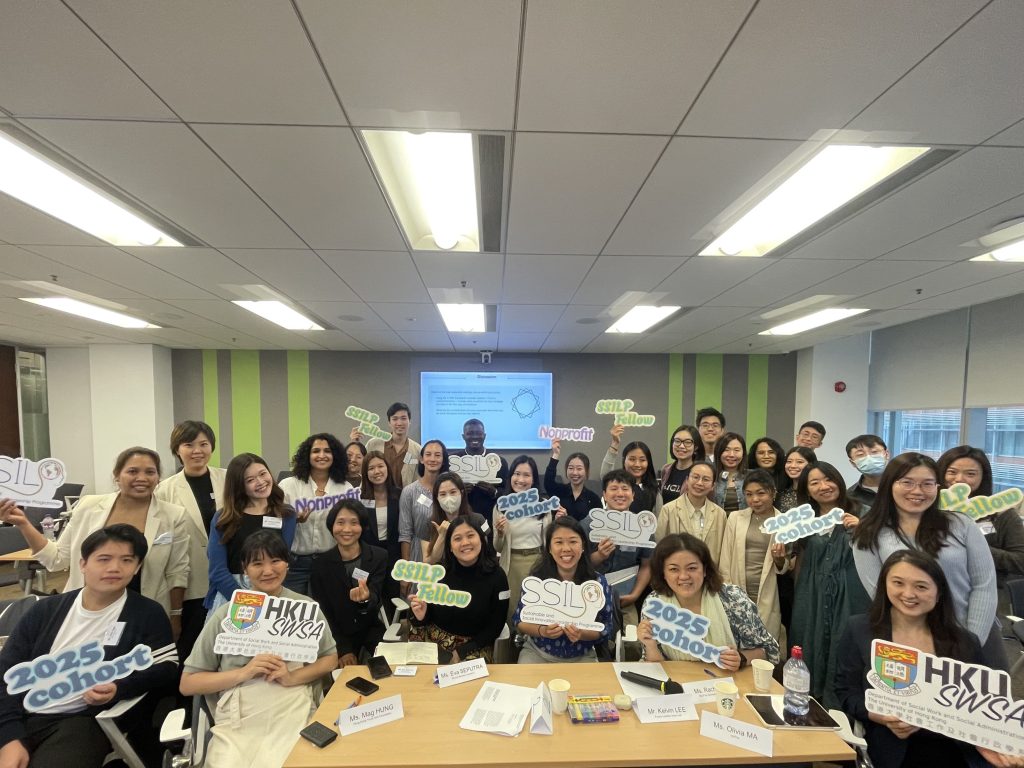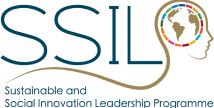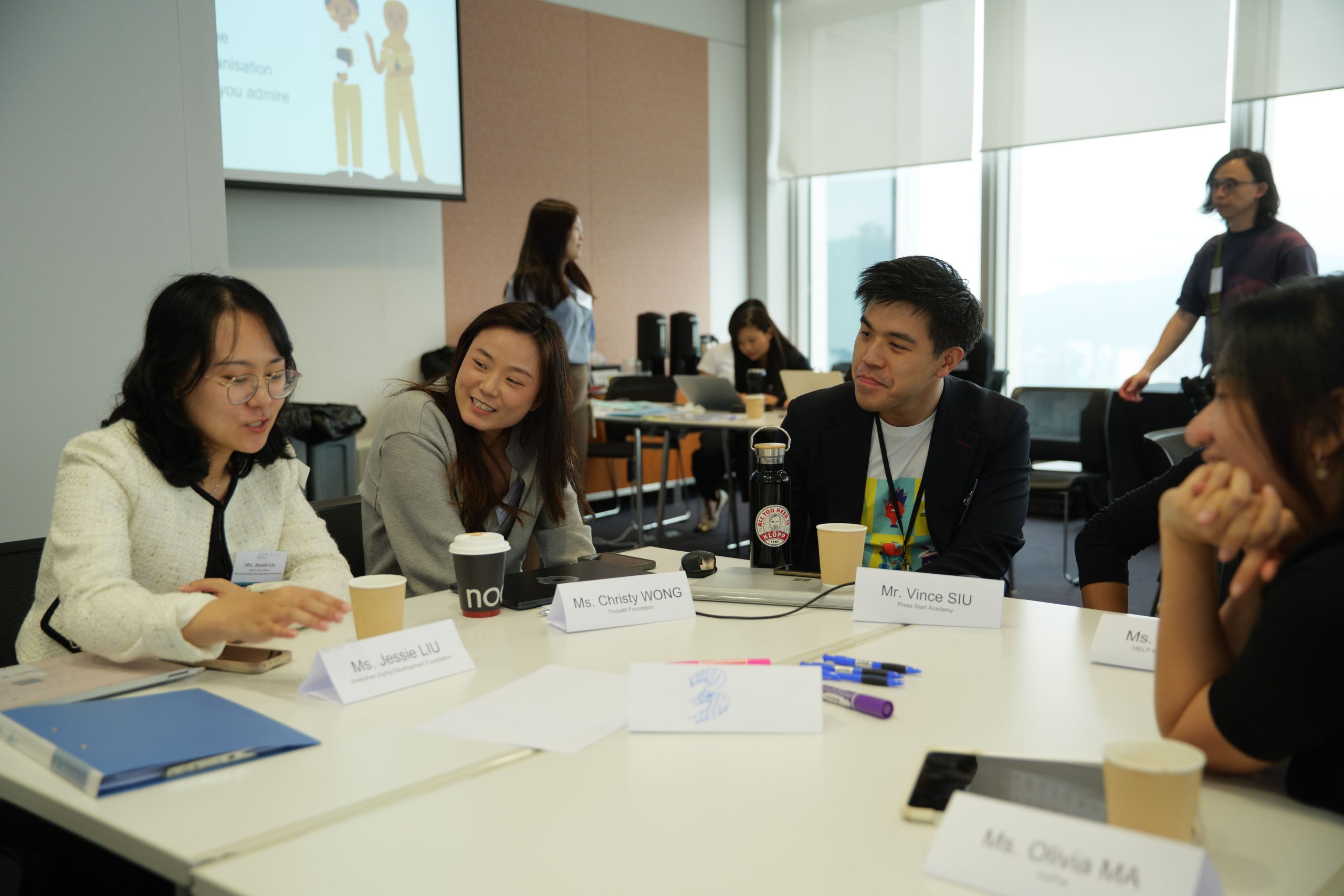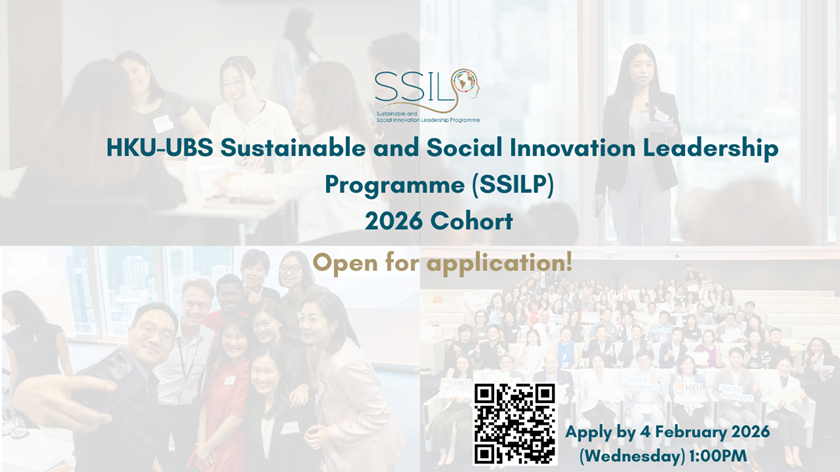Lesson 1: Leadership Exploration & Adaptability
Understanding leadership is the first step toward becoming an effective leader. The 2025 SSILP fellows began their journey with Ms. Zamira Monteiro of Amplify Consulting, who facilitated an engaging exploration of leadership concepts. Fellows participated in a forward-looking exercise, envisioning their leadership trajectory over the next decade. This reflection gave them a chance to reflect and identify essential skills and knowledge needed for their development path. Followed by the reflective discussion, through scenario-based discussions, fellows tackled real-world leadership challenges. Ms. Monteiro emphasized developing an adaptive mindset and maintaining strong connections within the broader ecosystem. Social impact makers must stay grounded and connected rather than operating in isolation.


Lesson 2: Strategic Thinking & Sustainability
Hong Kong’s nonprofit sector often grapples with limited resources for strategic planning and the challenge of aligning organizational goals with donor expectations. Ms. Sky Siu, CEO of Mother’s Choice, shared valuable insights from her leadership transition. She demonstrated how the STARS framework helped her analyze organizational context and make informed decisions. She highlighted that strategic thinking requires thorough information gathering and deep contextual analysis before taking action.


Lesson 3: Organizational Culture & Inclusiveness
Talent retention remains one of the most pressing challenges in the nonprofit sector. With extended working hours, modest compensation, and the emotional demands of serving vulnerable populations, organizations often struggle with high turnover rates. The critical question emerges: How can we create a work environment where employees maintain both their passion and professionalism?
In our third session, Ms. Victoria Wisniewski Otero, Founder & CEO from Resolve Foundation guided SSILP 2025 fellows through an exploration of organizational culture and inclusiveness. Through interactive discussions, fellows identified various organizational culture types and examined the factors that contribute to both toxic and healthy workplace environments.



The session took a practical turn as participants collaborated to address real workplace conflicts. Fellows shared their experiences and developed concrete solutions for challenges faced by their peers. This collaborative approach provided valuable exposure to diverse organizational challenges and generated actionable strategies that fellows can implement in their own organizations.
This hands-on session exemplified SSILP’s commitment to practical leadership development, equipping fellows with tools to build more resilient and inclusive nonprofit organizations.


